18 photos that show what the world looked like for Americans 150 years ago
Frank Olito

- In 1870, America was in the middle of great change as the Second Industrial Revolution was just starting, and millions of immigrants were heading for the US.
- At the time, fashion was more formal, and people loved traveling by carriage, steamboat, or railway.
- Americans were also shopping via catalogs 150 years ago.
- Visit Insider's homepage for more stories.
Today, cell phones, computers, and other forms of technology are so prevalent that we often forget how far we have come.
Life wasn't always this technology-focused. In fact, 150 years ago, America was in the middle of great change. Around 1870, the Second Industrial Revolution was underway, just as immigrants started flooding the country.
Take a look back in history to see what life was like 150 years ago.
Read the original article on InsiderFor African Americans, this period was a time for new-found — albeit limited — freedom.
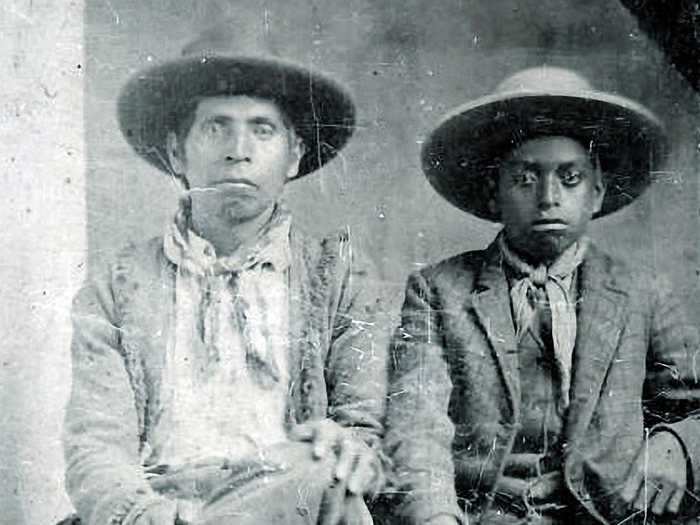
After the Civil War and Reconstruction, African Americans were facing a new world. Slavery had been made illegal in 1865 by the ratification of the 13th Amendment and, in 1870, the US government passed the 15th Amendment, which granted African Americans the right to vote.
It states, "The right of citizens of the United States to vote shall not be denied or abridged by the United States or by any State on account of race, color, or previous condition of servitude."
Throughout the 1870s, however, multiple practices were implemented to stop blacks from exercising their rights to vote. In some ways, African Americans were free, but in many ways, they were disfranchised during this time period.
Around the same time, the US held the first Kentucky Derby.
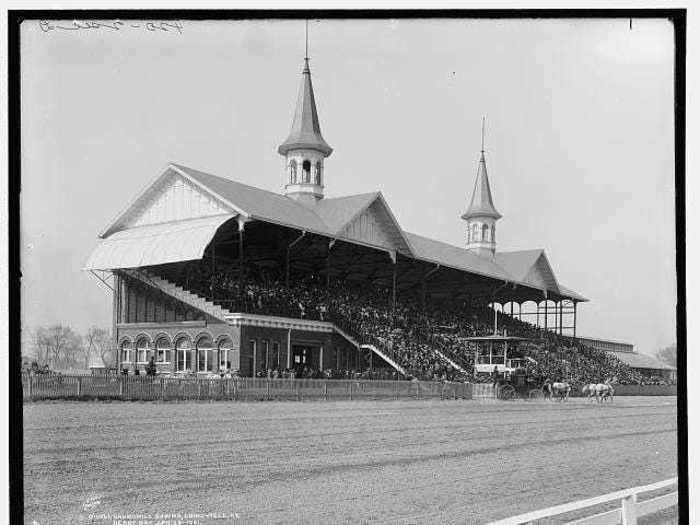
Technically the Kentucky Derby got its start 145 years ago, in 1875, but the newfound interest in leisure that started in 1870 helped the Kentucky Derby come about. Today, the sporting event is still held in Louisville, Kentucky, and is considered an American tradition.
Tennis was also a popular sport 150 years ago.
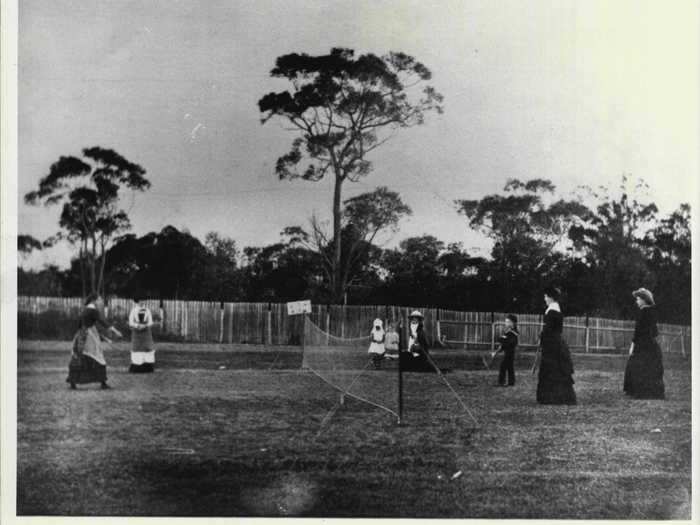
People who belonged to the upper and middle class loved to play tennis and golf. Meanwhile, baseball attracted more diverse crowds.
New leisure activities, like bicycling, were becoming popular.
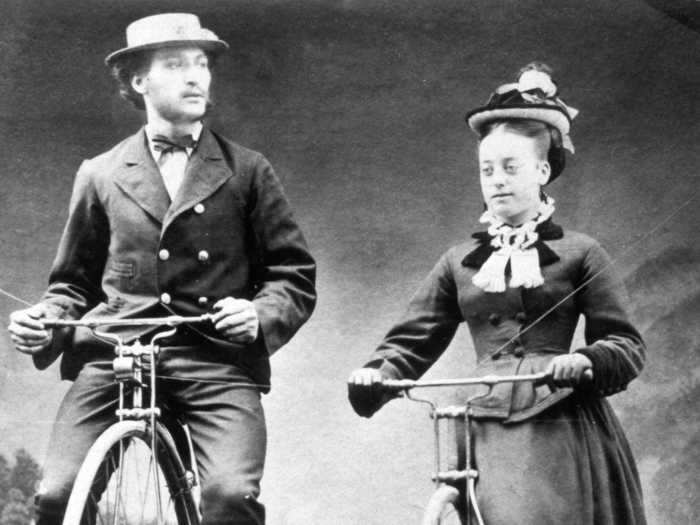
Bicycling got its start 150 years ago, but it became a national craze in 1890.
As for shopping, many people bought clothing and goods from a catalog called Montgomery Ward.
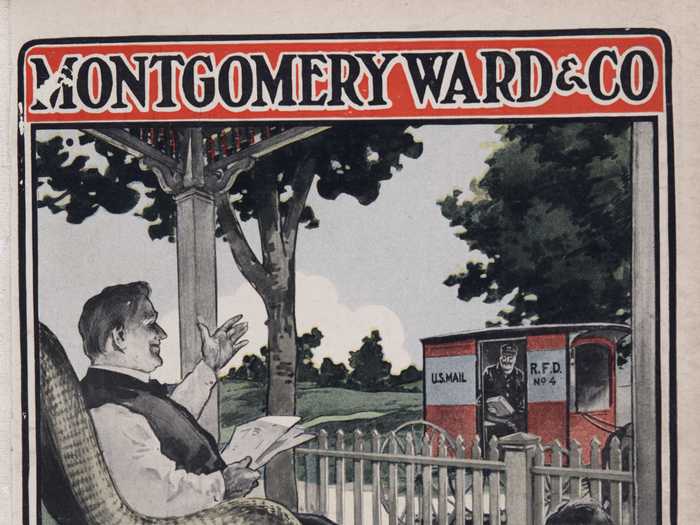
About 150 years ago, Aaron Montgomery Ward started a mail-order business by publishing a catalog that featured appliances, furniture, and clothing. It quickly took off and became a popular means of retail for people in the 1870s.
During this time, women canned and baked less. Instead, they started buying commercially prepared items to eat.
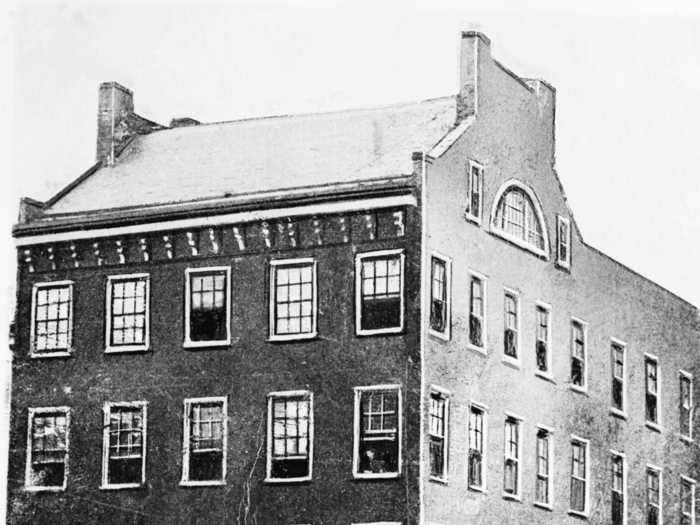
Grocery stores like Great Atlantic & Pacific Tea Company and the A&P opened in the mid-1800s, and they were popular by the 1870s. Around this time, women started buying mass-produced groceries instead of making their own. The "five and dime" stores also became popular around this time period for the same reason.
The railroad also gave people access to different types of food.
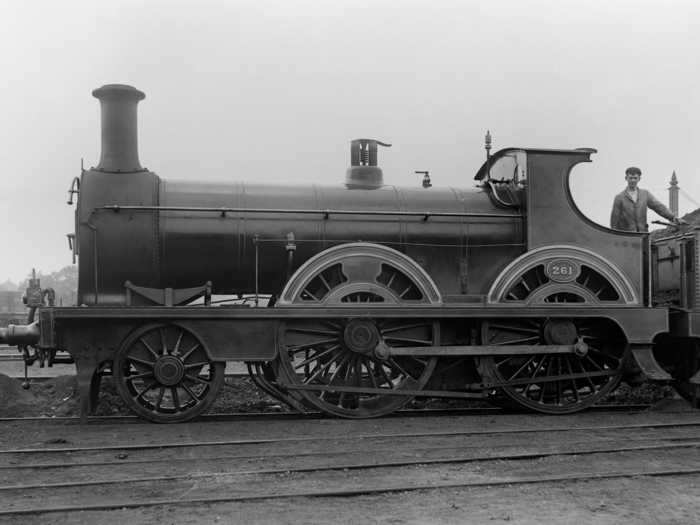
During the 1870s, people were gaining access to foods they never had before. People on the East Coast could suddenly consume oranges from California, beef from Wyoming, and fresh milk.
Although railroads were growing in popularity throughout the 1800s, 1870 marked the beginning of a boom within the industry.
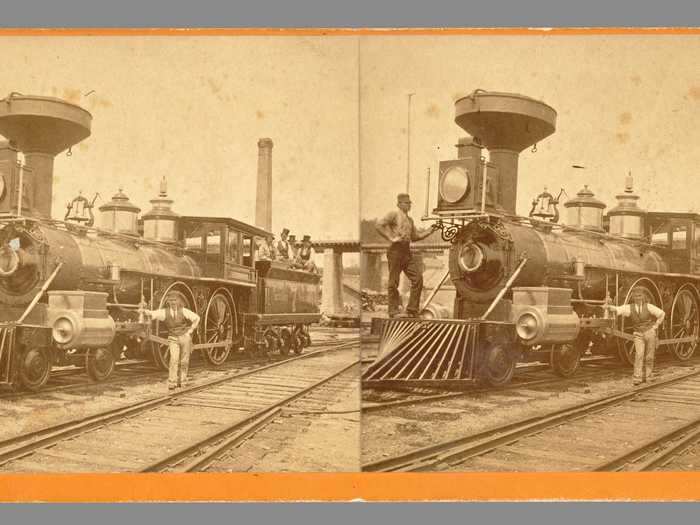
Before 1871, 45,000 miles of railroad track had already been laid in the US, but from 1871 to 1900, the country laid another 170,000 miles. As the transcontinental railroads crisscrossed the US, train travel became popular among travelers.
The steamboat was another popular mode of transport during this time.
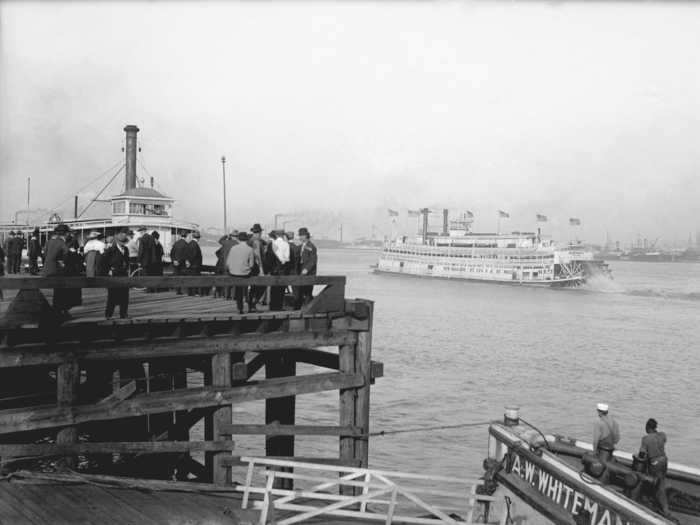
The first steamboat was in 1807, so by 1870, the industry had taken off. In fact, the National Museum of American History wrote, "Steamboats dominated American river transportation." The upstream and downstream system allowed people to transport goods and people at a faster and cheaper rate.
When getting around, horse and buggy were extremely popular 150 years ago.
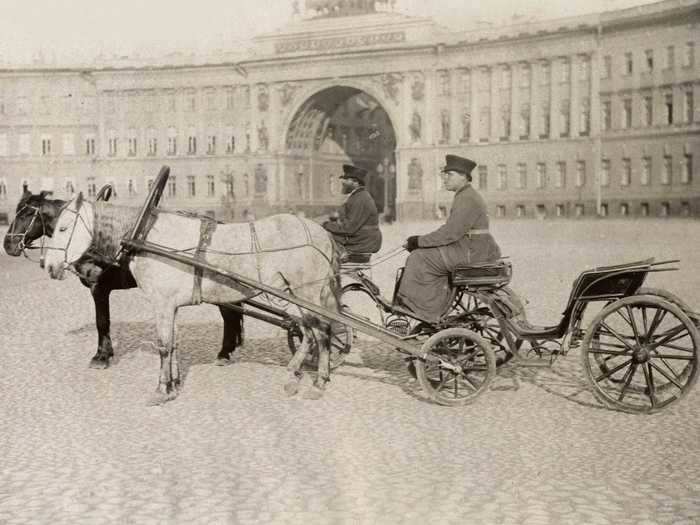
By the 1870s, horse and buggy had become the most popular mode of transport throughout the world. The Spring Wagon is just one model that many people used. It was a carriage that had two benches with one behind the other.
Unlike today, the menswear of 150 years ago was much more formal.
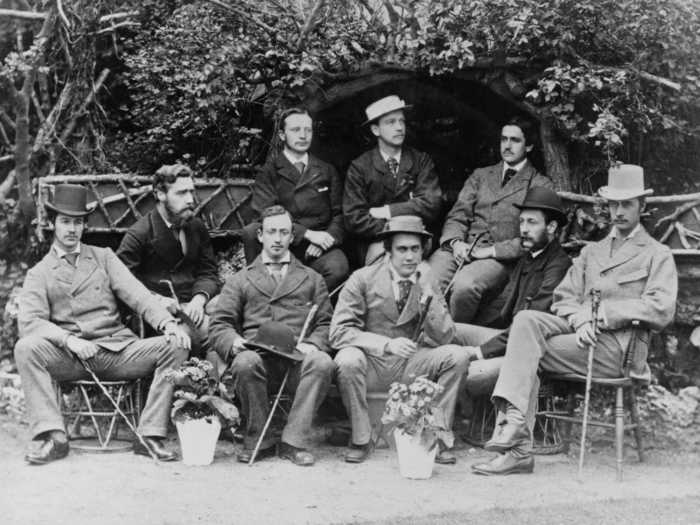
The men during this time period also often used walking sticks.
Women's fashion was dramatic and elegant, with details focused on the back.
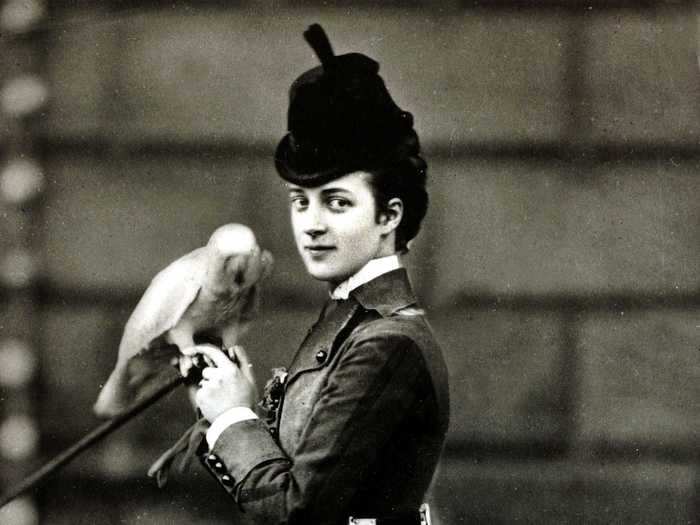
In the 1870s, women's dresses tended to swoop towards the back and bunch around the buttocks. It was also common that the dress fell flat against the abdomen. The princess waistline, which was achieved by wearing a tight corset, was also popular during this time period.
When not in school, children played with dolls that they made themselves.
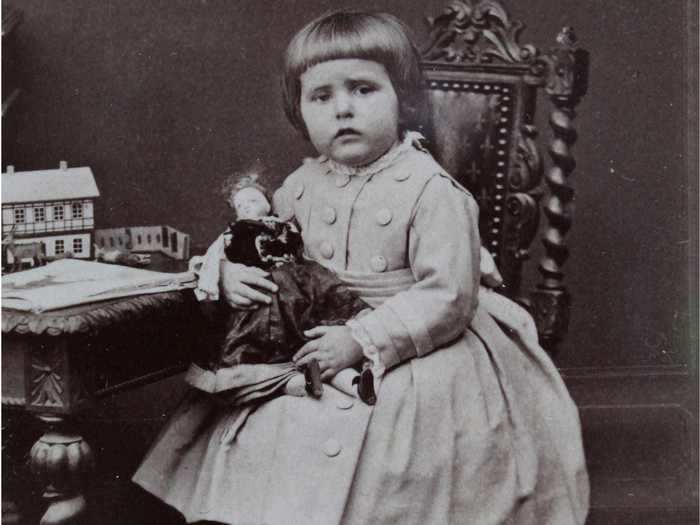
Most parents 150 years ago would make toys out of items lying around the house. During this time, rag dolls were popular. If you were wealthier, however, you had access to handcrafted toys. Abroad, children played with dolls made of china, train sets, and soldiers. It was also common for children to play with toys that represented a story from the Bible.
Children spent most of their time in one-room schoolhouses.
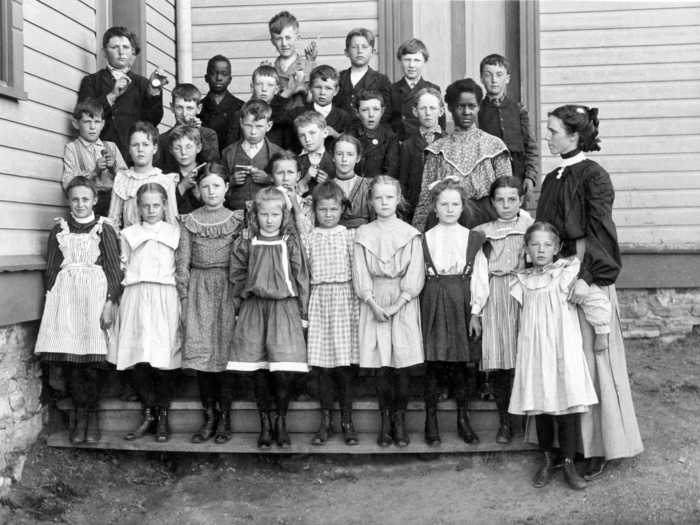
Before 1870, public education was not a priority. But between 1870 and 1900, attendance at public schools doubled, as people saw the value of an educated society. In fact, the growing number of immigrant families in the US prompted the need for public schools as immigrant parents wanted their children to be educated.
Public schools were often one room and housed children of all ages. Students learned math, reading, writing, geography, and history.
For families who were extremely poor, children would sometimes forgo schooling and instead be sent right to work to help the family's finances.
The demographics of the country was changing, too, as thousands of people immigrated from Europe to the US.
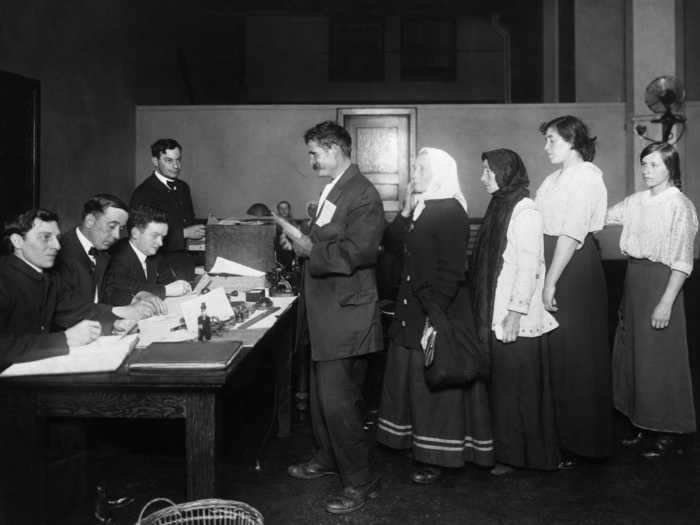
To combat poverty and hardships, many immigrated to the United States in hopes of a better life. From 1870 to 1900, 12 million people immigrated to the country. At that time, the majority of immigrants were coming from Germany, Ireland, and England.
More than 70% of immigrants entered the US via New York City's Ellis Island. While the boat ride across the ocean was difficult, what waited for them on the other side was filled with hope and promise.
At the same time, people were moving west as train lines expanded.
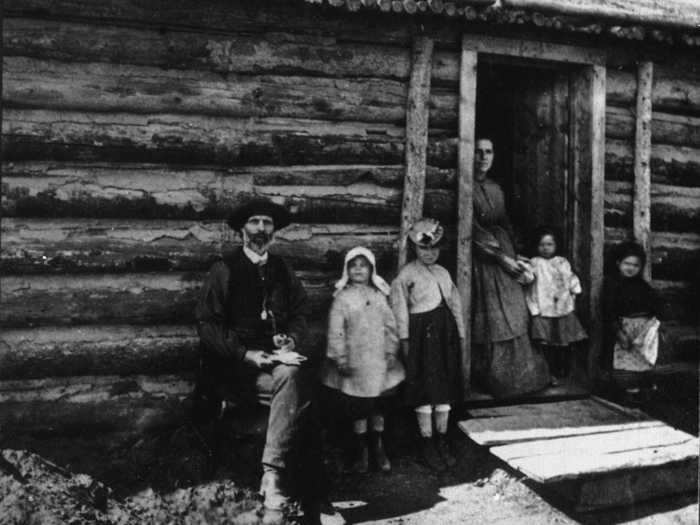
Once the railroads were completed after the Civil War, many people moved out west to settle and farm the open land. Most people think of these people as cowboys, but the Library of Congress says that image is false. The people who moved out west experienced tough lifestyles including, "long, hard hours of labor, poor living conditions, and economic hardship."
The frontier has also been called the "meeting point between civilization and savagery."
As more people moved into the cities, daily life became gruesome for some.
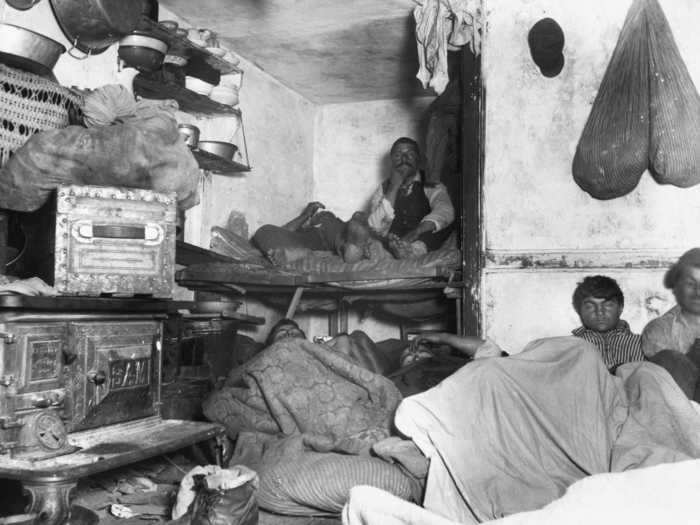
People crammed into the streets of New York City 150 years ago, making the city cramped. This marked the beginning of tenement housing, which packed entire families into one-room apartments. Most lived in squalor and in unsafe environments.
"It was all very dense, very crowded, and unregulated — conditions that fostered disease and inhumane living conditions," the New York Public Library writes.
The photo above depicts what would become of tenement housing by the late 1880s, as photographed by Jacob Riis.
In the 1870s, families were experiencing significant changes as the Second Industrial Revolution moved people from farmland to cities.
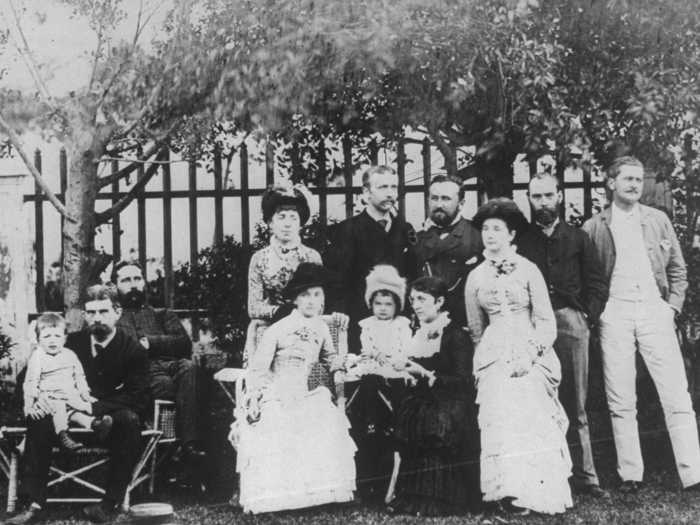
After the Civil War, America entered its Second Industrial Revolution. During this time, cities became the place to find a job as factories popped up in urban areas. This sparked a great change in the family dynamic. Before this time period, families mostly lived on farmland and made a living off their land. But from 1870 to 1920, 11 million people moved into the cities.
READ MORE ARTICLES ON
Popular Right Now
Popular Keywords
Advertisement